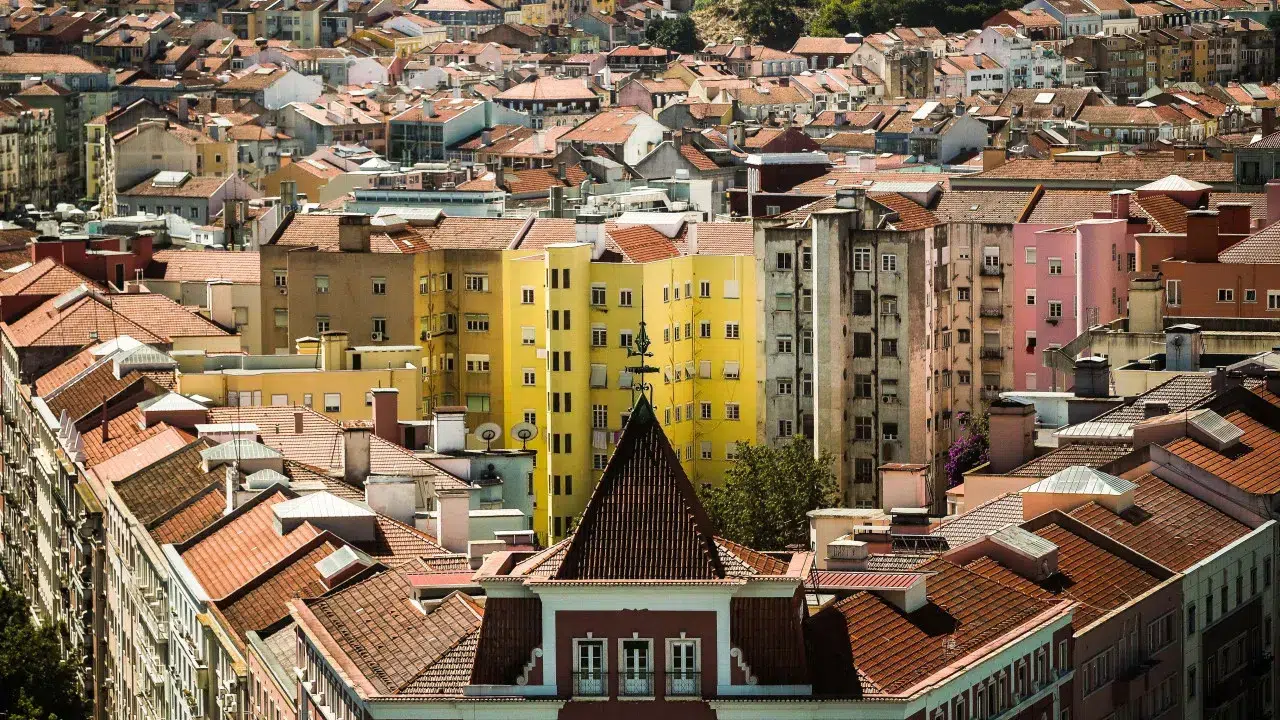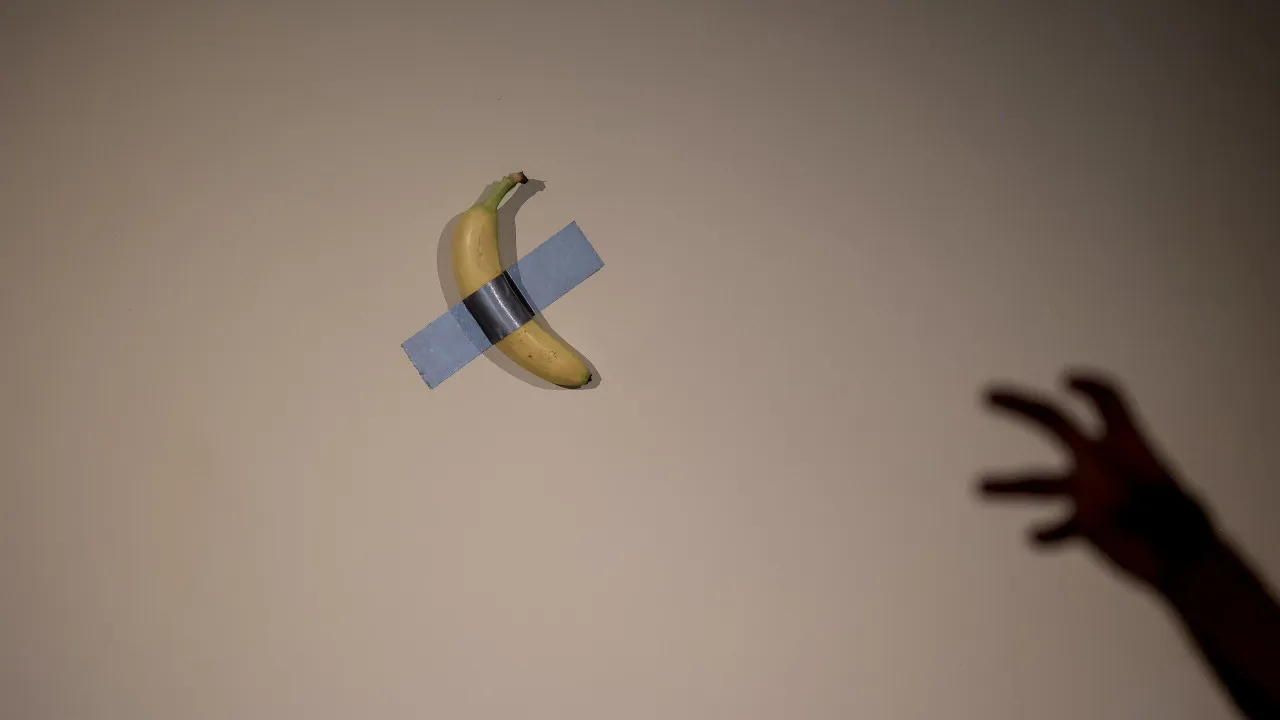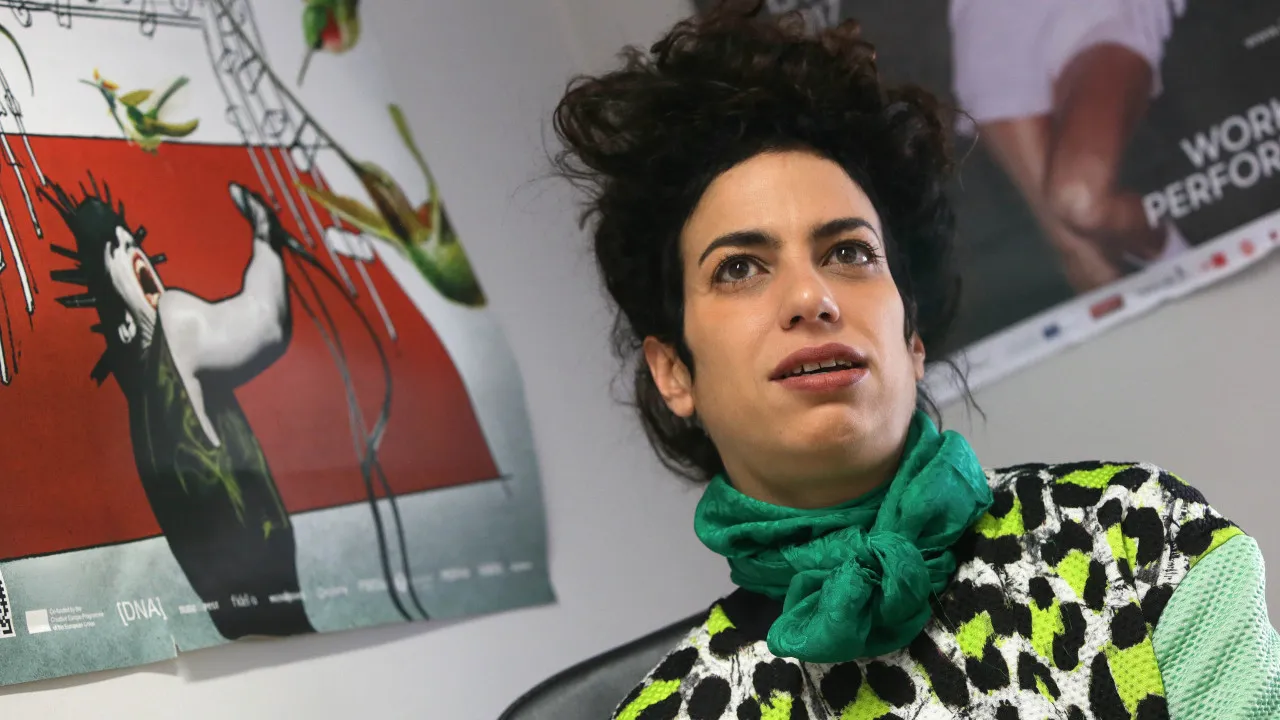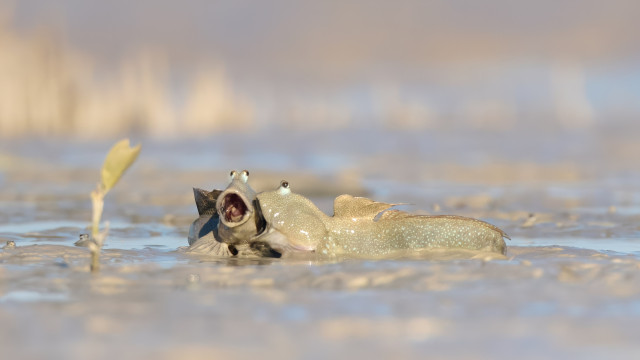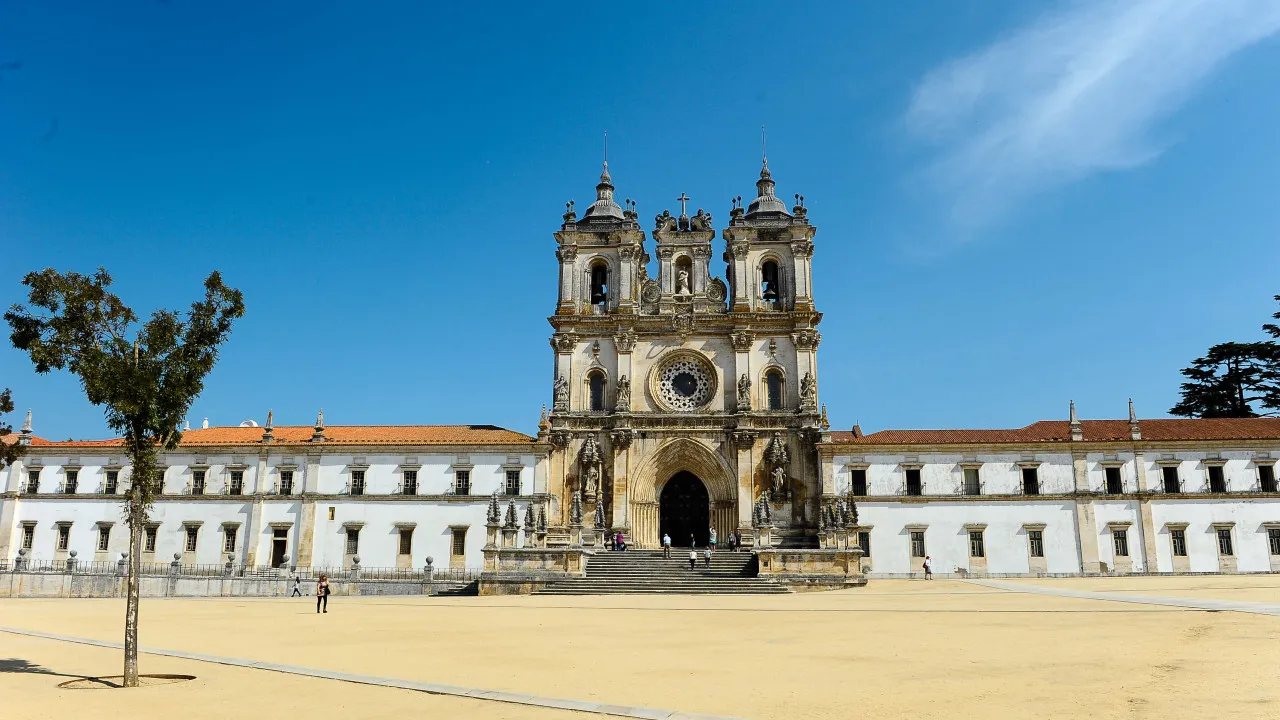The Minister of Culture, Pedro Adão e Silva, acknowledged today, in Lisbon, the country’s “very significant backwardness” in the area of cultural patronage, and called on private individuals to participate in culture, joining the “effort and responsibility of the State”.
Adão e Silva was speaking during the signing of a memorandum between the Portuguese State and the Livraria Lello Foundation, the entity that acquired the painting “Descent from the Cross” by Domingos Sequeira (1768-1837) on March 10, and which will be exhibited on May 18 at its headquarters, in the Monastery of Leça do Balio, in Matosinhos, district of Porto, and on that day a national museum will be announced where it will go.
The Minister of Culture thanked the new owner of the painting – considered a masterpiece by the Portuguese painter – for the opportunity to return it to Portugal and make it available for public enjoyment.
Through a protocol that is yet to be prepared and signed, it will be possible to circulate it in national museums and exhibit it in foreign public institutions.
For Adão e Silva, the “political signal” that resulted from this process – in which the state tried unsuccessfully to negotiate the purchase for a sum of up to 850,000 euros – is that Portugal “has come closer to the countries with which it should compare in many areas, but there is one area in which it is still lagging behind, which is private participation in culture”.
“I’ve met very few patrons in these two years [in office], and that’s a symptom that should worry us all. The State and the Ministry of Culture have some authority to appeal to more private individuals to join in this responsibility and this effort,” he asked.
Pointing out that the budget allocation for culture “has grown very significantly” in the country, the minister argued that “private individuals should join the effort to promote cultural policies, as is happening today with the Livraria Lello Foundation”.
“This implies a relationship of trust, and even intimacy with private collectors, which must be nurtured by Museus e Monumentos de Portugal [MMP], which has the agility, because it is a public company, to cultivate and nurture this relationship,” he said, adding that “democratizing access to culture is a responsibility that must be assumed by everyone and not just by the state.”
Referring to the painting “Descida Cruz” – which was on display in the ambassadors’ room of the Ajuda Palace on purpose for the session – the minister addressed the issue of classifying private works of art: “I don’t think it’s good practice to classify without first establishing a dialog with the owners and seeing if they are willing to sell” to the state, he commented.
According to Pedro Adão e Silva, the next step in the organic reorganization of the heritage area – which at the beginning of the year gave rise to MMP and Património Cultural IP, from the former Directorate-General for Cultural Heritage – will involve changing the patronage law.
“There was a process of listening to a wide range of entities about what needed to change in the incentive system to create a more favorable environment for private participation in culture, which has been completed, and we have also completed the legal diplomas that materialize this transformation,” he announced.
However, because they need the involvement of parliament, “they could no longer be approved by the government in office”.
“Before the end of my mandate I will return the diplomas to all the entities that took part in this process, in the hope that Portuguese society will be able to materialize them in the near future,” he said.
According to the government, the diplomas provide for “simplifying patronage procedures, making the respective mechanisms more transparent, taking incentives further and innovating mechanisms in line with the best international practices in this area, for example by creating a mechanism that allows the capitalization of a fund for the acquisition of pieces for national museums and monuments, in order to obtain more financial resources by mobilizing private individuals”.
“The diploma is ready and closed. I hope that the new formation of parliament takes it forward, and that’s really important,” he said.
Speaking to journalists at the session, the president of the Livraria Lello Foundation, Rita Marques, declined to state the amount for which the work was acquired, and would not confirm the 1.2 million that had been made public, saying only that “it was the result of an agreement between the three parties” involved.
“The memorandum signed with the MMP establishes the need to study the work and to ensure that the museum or museums where it is placed for public enjoyment are subject to analysis,” he said, pointing out that the negotiation “was a quick and agile process”.
The Colnaghi Gallery, which received the painting from the previous owner, Alexandre de Sousa Holstein, even exhibited it this month at the TEFAF international art fair in Maastricht, the Netherlands.
Portugal’s departure from the “Descent from the Cross” painting has been shrouded in controversy since the end of 2023, when the then Directorate-General for Cultural Heritage decided to authorize the country’s departure, contrary to expert opinions that it should be classified.
“Descent from the Cross” is part of a group of four late paintings by Domingos Sequeira – with “Ascension”, “Last Judgement” and “Adoration of the Magi”, the latter already in the possession of the National Museum of Ancient Art (MNAA) through a public campaign – made during the last years of his life in Rome, where he died in 1837.


